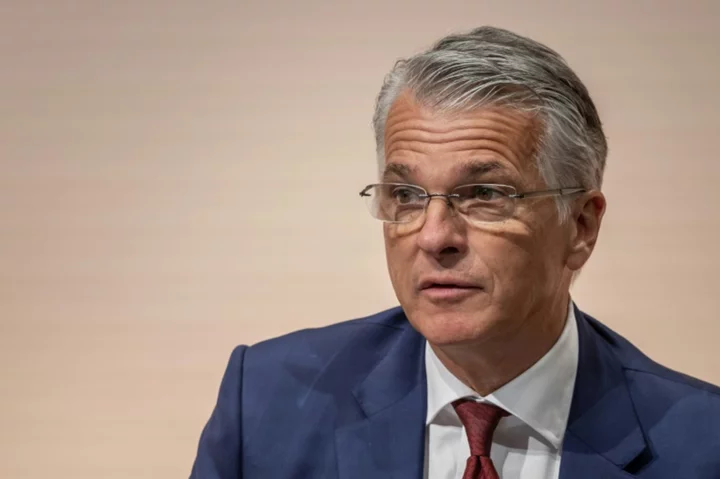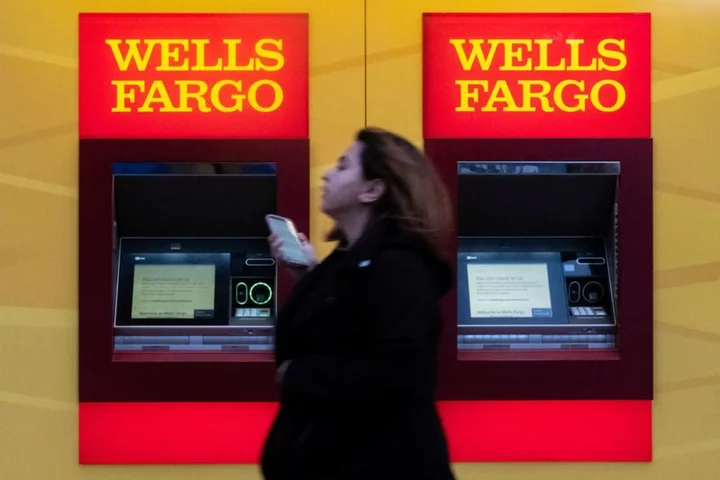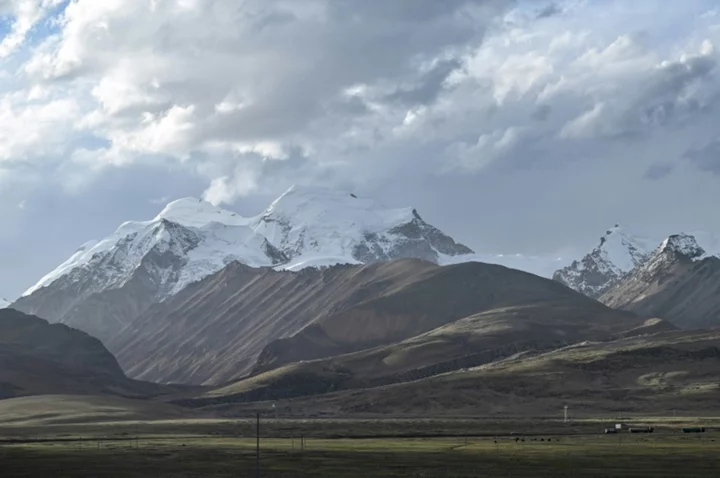A global climate summit wrapped up Friday with a "consensus" that the international financial system was woefully inadequate in an era of global warming, after taking small steps to helping debt-burdened developing nations.
While host country France pitched the conference as a consensus-building exercise, leaders were under pressure to produce clear outcomes from the two-day meeting as economies stagger under growing debt after successive crises in recent years.
The summit comes amid growing recognition of the scale of the financial challenges ahead, with warnings that the world's ability to curb global warming at tolerable levels is reliant on a massive increase in clean energy investment in developing countries.
French President Emmanuel Macron hailed a "complete consensus" to reform global financial institutions and make them "more efficient, fairer and better suited to the world of today".
Some 40 national leaders gathered in Paris, most from developing countries whose economies have been buffeted by a succession of crises in recent years, including Covid-19, Russia's invasion of Ukraine, soaring inflation and evermore devastating extreme weather impacts.
The conference heard time and again that the nearly 80-year-old financial system -- underpinned by the World Bank and International Monetary Fund -- is no longer fit-for-purpose in facing 21st-century challenges.
In a tub-thumping speech Brazilian President Luiz Inacio Lula da Silva slammed international institutions.
"With this mechanism, the rich are always rich and the poor are always poor," he said.
While there was agreement on the broad outlines of the problem, there was less progress on steering the global financial juggernaut in a new direction, though there were several incremental initiatives and advancements on existing promises.
Protesters gathered on the streets of central Paris Friday morning in a rally against fossil fuels, with demonstrators wearing masks of leaders including Macron and US President Joe Biden and carrying banners with slogans such as "End fossil finance" and "Make polluters pay".
Despite the challenges, leaders stressed the importance of finding broad agreement on a way forward.
"We only have this planet and unless you have a plan to live on Mars that I don't know about, then we need to work together to make it better," Barbados Prime Minister Mia Mottley, who has led the drive for reform, told AFP.
Mottley, whose Caribbean island nation is threatened by rising sea levels and tropical storms, welcomed the acceptance by the World Bank and others of "natural disaster clauses" in debt -- a key item in the Barbados proposal for retooling the financial system.
World Bank president Ajay Banga on Thursday said the lender would introduce a "pause" mechanism on debt repayments for countries hit by a crisis so they could "focus on what matters".
Another key announcement came from IMF chief Kristalina Georgieva, who said a pledge to shift $100 billion of liquidity-boosting "special drawing rights" into a climate and poverty fund had been met.
And Zambia, which defaulted on its debt after the Covid pandemic broke out, hailed a "significant step" after securing some financial relief as its main lender China and other creditors agreed to restructure $6.3 billion in loans.
In the Zambian capital Lusaka, legislators belted out the national anthem in celebration in parliament and the front pages of the morning newspapers were dominated by the debt story.
- Global taxes -
But much more is needed to help developing countries combat climate change and campaigners said the summit skirted the need to increase public funding.
"It's good that there is recognition and consensus among people on what the problem is, but solutions don't go far enough in solving the polycrisis," said Harjeet Singh, Head of Global Political Strategy, Climate Action Network International.
Macron said he was hopeful that a pledge to deliver $100 billion a year in climate finance to poorer nations by 2020 would finally be fulfilled this year -- although actual confirmation the money has been delivered will take months if not years.
This week, the International Energy Agency said annual investment just for clean energy in these countries will need to jump to nearly $2 trillion within a decade.
This is crucial to keep alive the Paris Agreement goal of limiting global warming to "well below" two degrees Celsius since pre-industrial times, and below 1.5C if possible.
Earlier, Macron called for "mobilisation" to set up international taxes on financial transactions, airline tickets and shipping to finance the fight against climate change and poverty.
bur-klm/mh/lth









